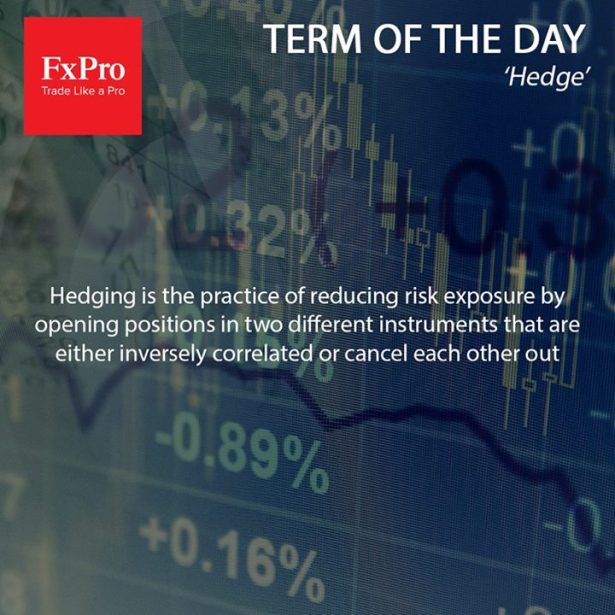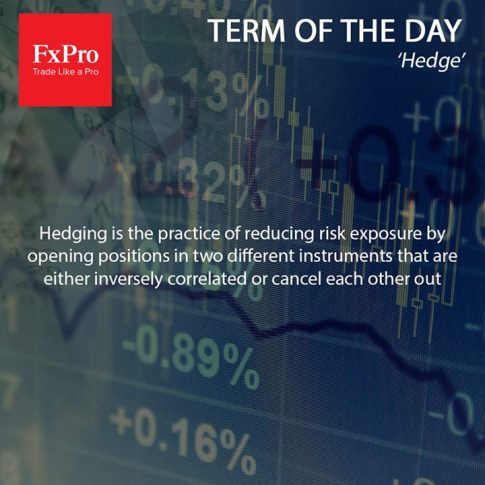What is hedging and Arbitrage trading? What are the differences?
You may be a clever trader, but you should always know the rules in the market.


“Hedging” is a very common trading strategy well-known by market participants.
Hedging is the practice of reducing risk exposure by opening positions in two different instruments that are either inversely correlated or cancel each other out.
This trading strategy can be used for many occasions and many ways.
For your basic information, here is what “Hedging” does in normal conditions.
- Will Hedging generate profit directly?
- No
- Will required margin be nullified to 0?
- Normally Yes (Depends on your broker)
- Will required margin be fixed?
- No if the spread changes
- Is Hedging prohibited?
- No (but only some rare brokers)
- Is Hedging possible with different symbols?
- Yes (It’s one way to do)
Hedging is often used to block the profit(or loss) and reduce the margin requirement to support other positions in certain market situations.
Arbitrage and Hedging?
Hedging strategy can easily be used for “Arbitrage”.
Arbitrage occurs as the result of market inefficiencies and is the practice of buying and selling an asset in different markets at the same time in order to benefit from price difference.
Arbitrage is commonly forbidden by Forex brokers as it isn’t trading by speculating, but it is making profit from system glitches or different market environment.
It is prohibited simply because it doesn’t have much merit for brokerage firms. Well actually it often costs brokerage firms to maintain(support) such strategy.









